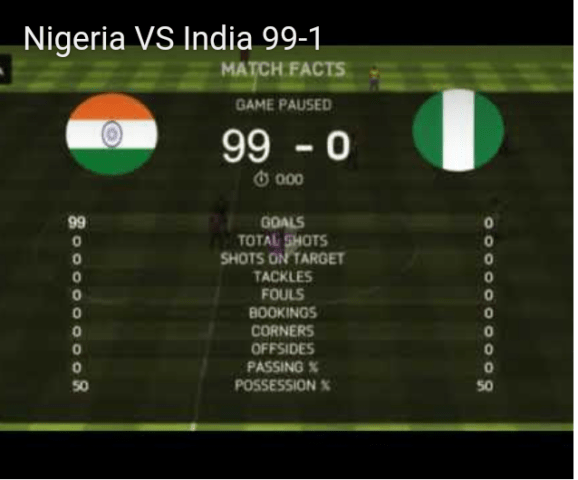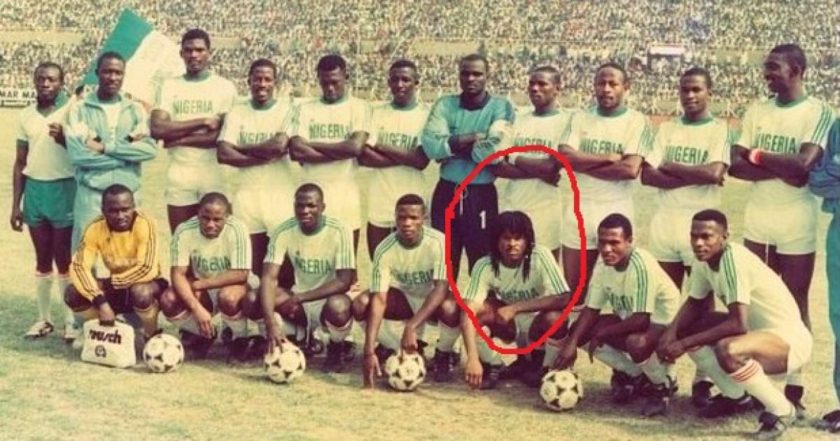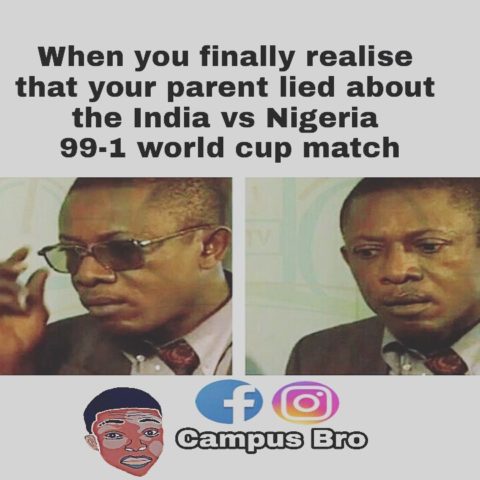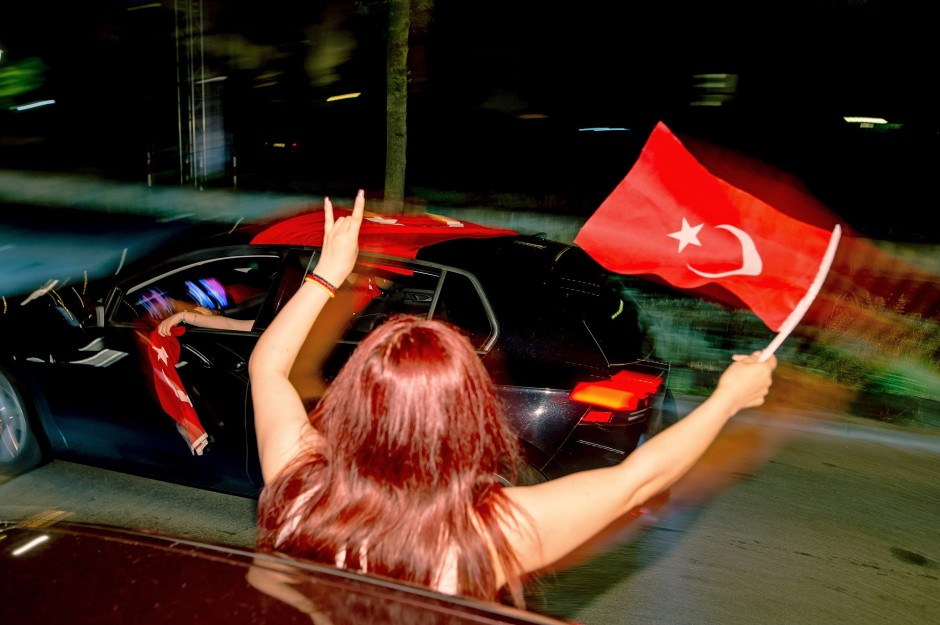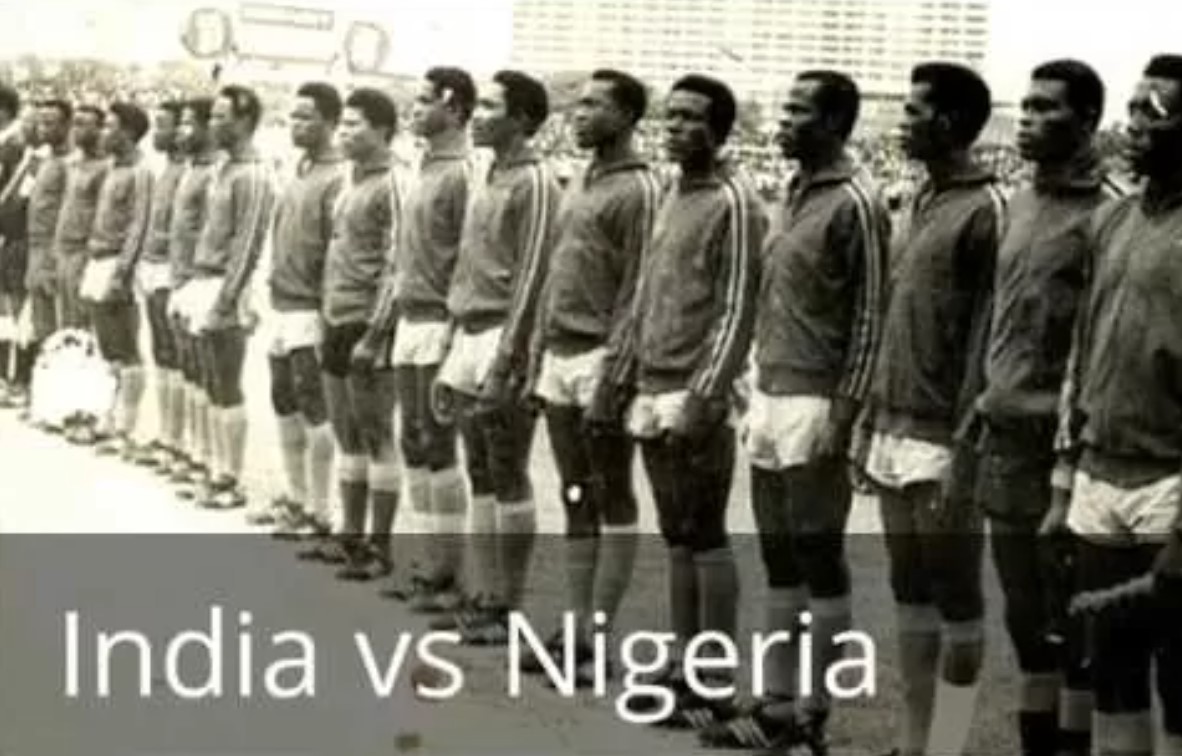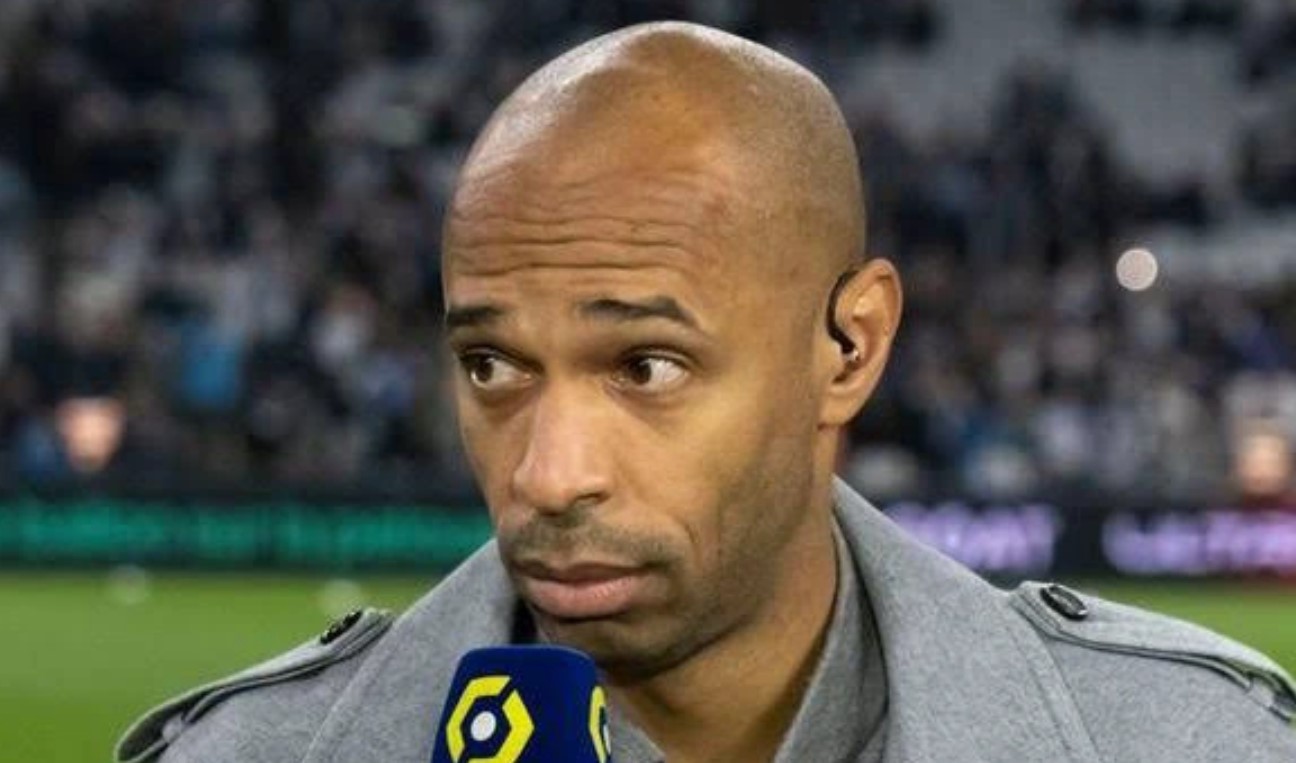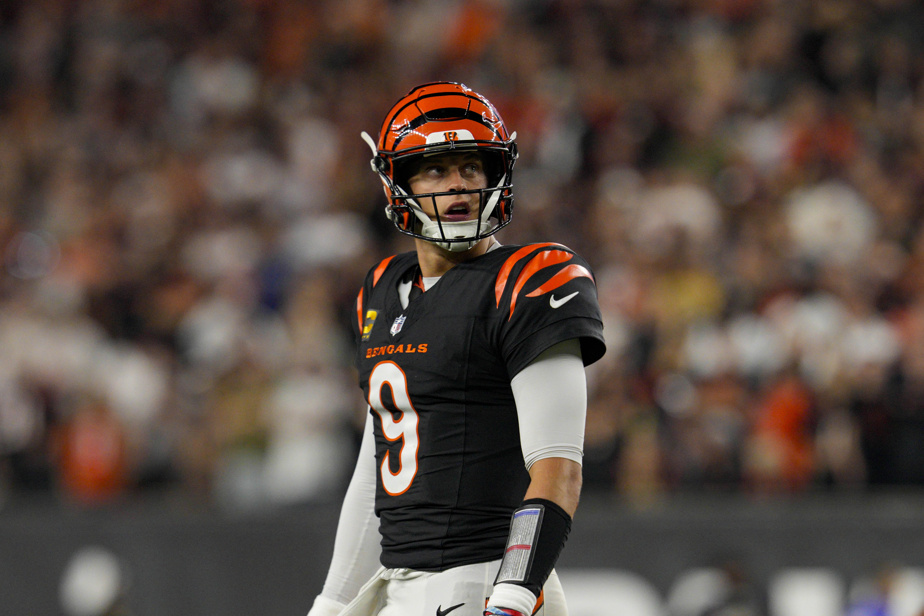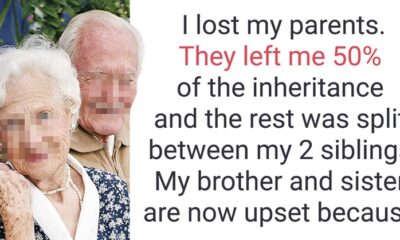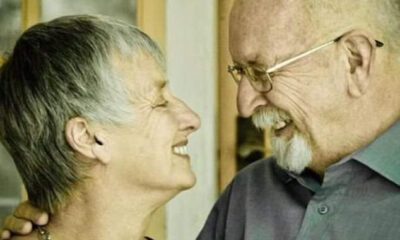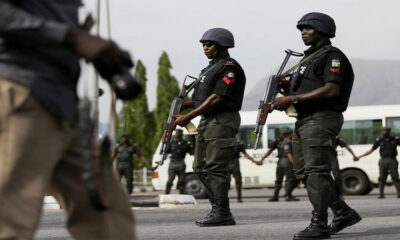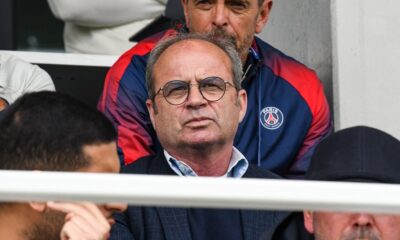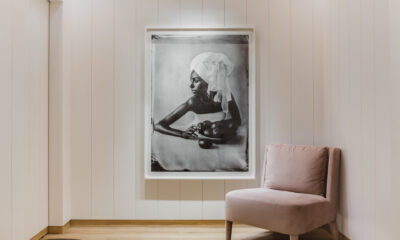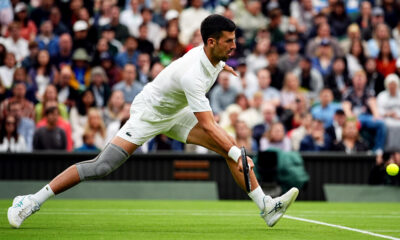A few hours earlier, I was sitting on my neighbor’s couch. Italy versus Croatia, a group match. She only switched on the TV because I was there and had a goal: to find the football enthusiasm on the streets, at the motorcade. “When I see these jerseys, this nationality on display, it all bothers me,” she says. “Too many emotional men in one place.” That can’t lead to anything good.
Now I think: Yes, yes. I see Moira in her Italian top and she seems to be having fun. Her cousin Tresi is driving the car calmly through the traffic in Offenbach.
Nationalistic gestures, hatred against other nations, that’s also part of this European Championship. I have that in my head, even though everyone around me is honking, honking, honking. But there’s another side too. Thousands of people have a huge party every day. Scots help old grannies across the street. English people feel at home in Frankfurt’s train station district. And there’s Moira and Tresi.
I see green-white-red
We are now driving under Italian flags that the revelers have stretched across the street. I look out of the car window at happy faces and dancing people, and in between I only see green, white and red when another flag is gently lowered over the car. The research can continue like this. Trigger warning: things will turn out differently.
When I get in, the two cousins Moira and Tresi have been on the road for half an hour. They have to get on to the next party right away. Moira briefly recaps the game. “Catastrophe, catastrophe – and 30 seconds before the end, booooom!” Italy advances. Near-death experience.
You would like to listen to the two of them for longer. But they really have to go now. Words of comfort. “The motorcade will go on for at least another three hours.” Three minutes later I’m standing on the street. In the meantime, the Italians have brought an Ape with speakers up. A woman sings Italian songs, everyone dances, I join in a little. Then I get on my bike.
On a wild ride: fans celebrate their team’s victory.Maximilian von Lachner
The Turks celebrate every victory even louder than the Italians, as if they had already won the European Championship. Especially in Offenbach. I want to see that. Two days later, a group match between the Czech Republic and Turkey. I am standing with the photographer on Offenbach’s market square. It is quiet. An Albanian is circling the block. I go into a kebab shop where the game is on. Extra time, the score is 2:1 for Turkey. “Do you know if there will be a parade today?” I ask. He says: “Yes, yes, just wait, it will be full soon.”
A few minutes later, a Mercedes with a flag races down Berliner Strasse. A BMW at a traffic light, more and more cars turn onto Berliner Strasse. Honking, flag waving, open tops. From one minute to the next, everything is red.
Honking and loud music
Cars turn from the market square into Bieberer Strasse. Honking, honking, honking, it’s unbelievably loud. Döddöddöddöddöddöddödöd. The smell of exhaust fumes is in the air. The drivers lean out of the windows. Nobody gets out.
A woman waves a Turkish flag from the open roof. We are allowed to get in and plop down on the cream-colored seats. “Hello!” says Melek in greeting. Mustafa Yıldızdoğan’s song “Ölürüm Türkiyem” booms from the speakers. So loud that you can’t understand anything else. “Ölürüm Türkiye’m, ölürüm Türkiye’m. Hey, hey, hey, hey, hey.”
“You’ll just have to live with that now,” says Melek. The idea behind a motorcade is to be loud together. Better to have a little too much of everything than a little too little of everything.
“Ölürüm Türkiyem” plays on a continuous loop in the car.Maximilian von Lachner
Melek swaps places with the photographer and asks him to take photos from the roof. “Are you afraid of heights, Mäxelton? Come on.” Mäxelton, whose real name is Maximilian, is allowed to stand on the cream-colored seats for once – with shoes on. “Is he allowed to do that, Levo?” asks Melek. “Yes.” “Aren’t we hospitable? He loves his car,” says Melek.
In the back, Melek is fiddling with a Turkish flag and wrapping it around her body. Levent, her husband, has put on her Turkish jersey. She is wearing a German bracelet on her wrist. “I am integrated,” she says, without me asking.
Outside, flags are being waved, greetings are being exchanged, Levent is leaning out of the window. It is getting warmer in the car. Heated engines are all around us and tempers are heated.
Heart of the parade: cars on Bieberer Straße in OffenbachMaximilian von Lachner
We drive around, the windows are opened, the Turkish flags that are clipped on have to be sacrificed, they don’t stay up when the window is open. The police are standing on the road and give the photographer a sign that he shouldn’t ride standing up – he should sit down. “That wouldn’t have happened in Turkey,” says Melek. “But we’re not in Turkey, honey,” says Levent.
Stop at the gas station
She leans back in her cream-colored seat and says to me: “Oh, he’s the biggest German anyway.” I don’t really know what that means. Then she waves the flag again. How peaceful everything is, she says. “There’s more going on in Hanau.”
So we drive to Hanau. Levent turns smoothly at the next traffic light. He is a good driver, which is because he drives Uber twelve hours a day. The next day he has to get up at five o’clock. Nevertheless, he does his rounds for Turkey in the evening. We stop briefly at the gas station. Melek jumps out and gets Fanta, Coke and Spezi. READ FULL STORY HERE>>>CLICK HERE TO CONTINUE READING>>>
We drive onto the motorway, windows open, “Ölürüm Türkiye’m” is turned up. “What kind of song is that?” I ask. “A homeland song, it’s especially popular among German Turks because people are very homesick,” says Levent. Melek translates one line: Turkey, I would die for you.
That’s a statement. I later found out that the Turkish association had suggested this song to the European Football Association UEFA. It was supposed to serve as the musical accompaniment for the Turkish team. It was rejected because the right-wing extremist ruling party MHP uses the music and sympathy of the musician Yıldızdoğan. He once had a close relationship with the party’s founder, the neo-fascist and racist Alparslan Türkeş.
Honking and waving flags: traffic jam in front of the roundabout in HanauMaximilian von Lachner
Back into the wind. 15 minutes, we’ll soon be in Hanau. A few quick questions about the Turkish national team. Favorite player? “Arda Güler,” says Levent, who plays for Real Madrid. Melek joins in. “And we want to win the European Championships.”
Levent: “When did we win the European Championship, honey? Never. When were we in the semi-finals? Once. We were knocked out early in the last European Championship.”
Off the highway. Melek steers Levent towards the roundabout. We took a wrong turn somewhere. We have to do a “Turkish turn”, a U-turn.
Something is released
We’re driving towards a roundabout, I look out the window. Honking, convertibles with women waving flags. Melek leans out the window again and makes the wolf salute with her fingers. He looks like the silent fox that my Latin teacher made. Levent does the same. We’re stuck in the roundabout. Melek gets out, runs to the middle of the roundabout and takes a video. The photographer gets out too. It’s now one o’clock, two hours after the end of the game.
I look out the window and see more flags and more wolf salutes. Something is being released here, many emotions, desire, frustration, joy, love for Turkey, it’s hard to define. Football is mixed with patriotism here. Or is it nationalism?
“Grey wolves,” “right-wing extremists,” that’s what pops into my head. Because the salute is the identifying symbol of this right-wing extremist group. But one sentence from Melek also stuck in my mind: “Everyone can be who they want to be.”
Sillstand: This is not about making quick progress.Maximilian von Lachner
I am now alone in the car with Levent. He talks about his home village in Turkey, which he visits every year. He brings nutcrackers from Aldi. “The most popular chocolate in Turkey,” he says. He tries to maintain his ties to Turkey and feels at home here and there.
Levent wants to go home soon, he has to get up at five o’clock. We collect the others and drive back to Offenbach. It’s almost half past one. Melek asks if we want to eat another kebab. I’m too tired. Probably not.
The two of them let me out at a traffic light – with many impressions in my head and a few questions.
Because I can’t stop thinking about it, I call Melek two days later. “Why did you do that salute?” I ask. It’s just a greeting, she says. She has never heard of the Grey Wolves. “That’s not a Turkish Hitler salute,” she says. She has nothing to do with people like that. Every second person does that salute, and there are many patriotic Turks who do it. A few days later, on July 2, Turkish national player Merih Demiral will do the wolf salute after the Austria game.
At this point I have to say: My research is a sample, I could have been riding in completely different cars – but I would probably have seen the greeting from a distance.
This text comes from the Frankfurter Allgemeine Sonntagszeitung.
I call Ismail Küpeli, who researches nationalism, racism and anti-Semitism at the Ruhr University in Bochum. It is true that the symbol has become normalized, he says in response to my observations. Nevertheless, it can clearly be traced back to the Grey Wolves. “You can also tell by how Kurds and Alevis react to it.” It is a provocation, a hostile act towards others.
Nevertheless, the symbol is still visible. “The Grey Wolves are effectively involved in government power in Turkey through the MHP. This movement is politically established in Turkey.” That is why it is not a big question in Turkish society to display the symbol. There is also a tendency towards acceptance among German Turks.
“But the more public people are, the more responsibility you have to take.” By this he means the Turkish national player. It should be known that it is a symbol of the Grey Wolves, says Küpeli. The Alevi community had criticized the fact that July 2 was the anniversary of the Sivas pogrom – in 1993 a mob of Islamists and Grey Wolves set fire to a hotel where intellectuals were staying who wanted to attend an Alevi celebration, and 37 died. These symbols of the Grey Wolves were also shown there, it was said. “It shows that you belong to a certain scene. You say: We are Turks. But we are not just Turks, we are nationalist Turks,” says Küpeli.
At the end of my journey I think of my neighbour and her objections, too much nationalism, too many emotions. The European Championships not only bring joy, but also facts that we don’t usually see.
Related
